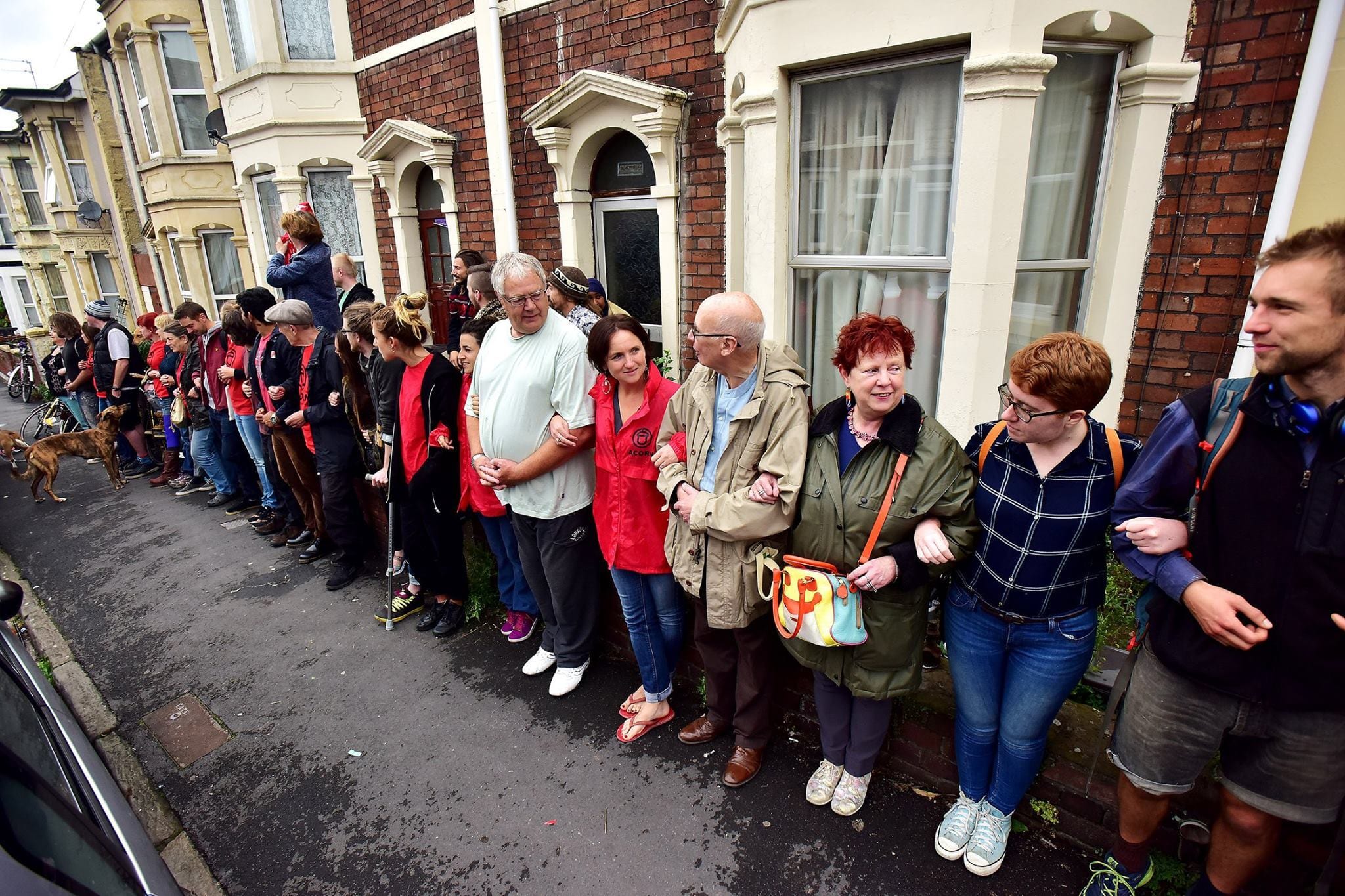
People’s Health Trust’s Active Communities programme is helping to create stronger connections between people in neighbourhoods and communities. This is according to research conducted by consultancy firm Ecorys.
The Trust recently published a summary report of the first evaluation exploring the impact of its Active Communities programme. The report is part of a four-year study and sets out the early findings.
The Active Communities programme is designed to address health inequalities by supporting residents to come up with their own locally-determined ideas to improve their neighbourhood and to take ownership of and lead all aspects of their project.
It also aims to give people the opportunity to meet regularly and get to know each other.
At the time the report was published, through the Active Communities programme alone, the Trust had invested more than £30m and supported over 1,000 projects benefiting 132,035 local people. The figure continues to grow.
Almost all of the people involved in a survey, carried out as part of the report, said they had been involved with their project at least once a week, generally for between one and two hours.
Through the report, 81% of people involved also said they felt an increased sense of belonging, and 85% said that being part of a funded-project had reduced their isolation.
Residents involved in the evaluation reported they felt happier and more confident after being involved in an Active Communities project.
They also said that their mental health and wellbeing had improved and that their knowledge and skills had increased.
The evaluation work suggests that the most successful projects offer a variety of ways for local people to get involved, in a way that they are comfortable with.
It also indicates that when residents work together to design and deliver projects, the activities are more relevant to local people and group members feel more committed.
This can mean that members contribute to the development of the project more, increasing its sustainability as a result.
As part of the evaluation work, Ecorys has worked with Active Communities projects across Great Britain to produce 24 in-depth case studies.
These case studies explore a diverse range of projects including: a youth drama group in Birmingham, a resident’s action group in Bristol, an arts group for people using care services in Alness and Invergordon and a social group for women in Dundee.
John Hume, Chief Executive at People’s Health Trust, said: “The information gathered from residents involved in the evaluation work tells a really powerful story. Being in control can make you feel more connected and reduce your isolation, and those are powerful determinants of health.”
Jonathan France, Director at Ecorys UK and Team Leader for the evaluation, said:
“The evaluation helps to highlight the many different ways the diverse set of Active Communities’ projects are developing greater social links and ties, and collective control within our local communities.
“We found that these projects often help to improve other areas of local people’s lives too, from improved mental health to educational attainment and better employment prospects. All of these outcomes help to reduce health inequalities.
“The evaluation also made an important contribution towards developing our understanding of collective control, and the way people engage with each other that positively supports collective control locally.”
To find out more about our evaluation programmes, click here.
To read more news from the Trust, click here.
